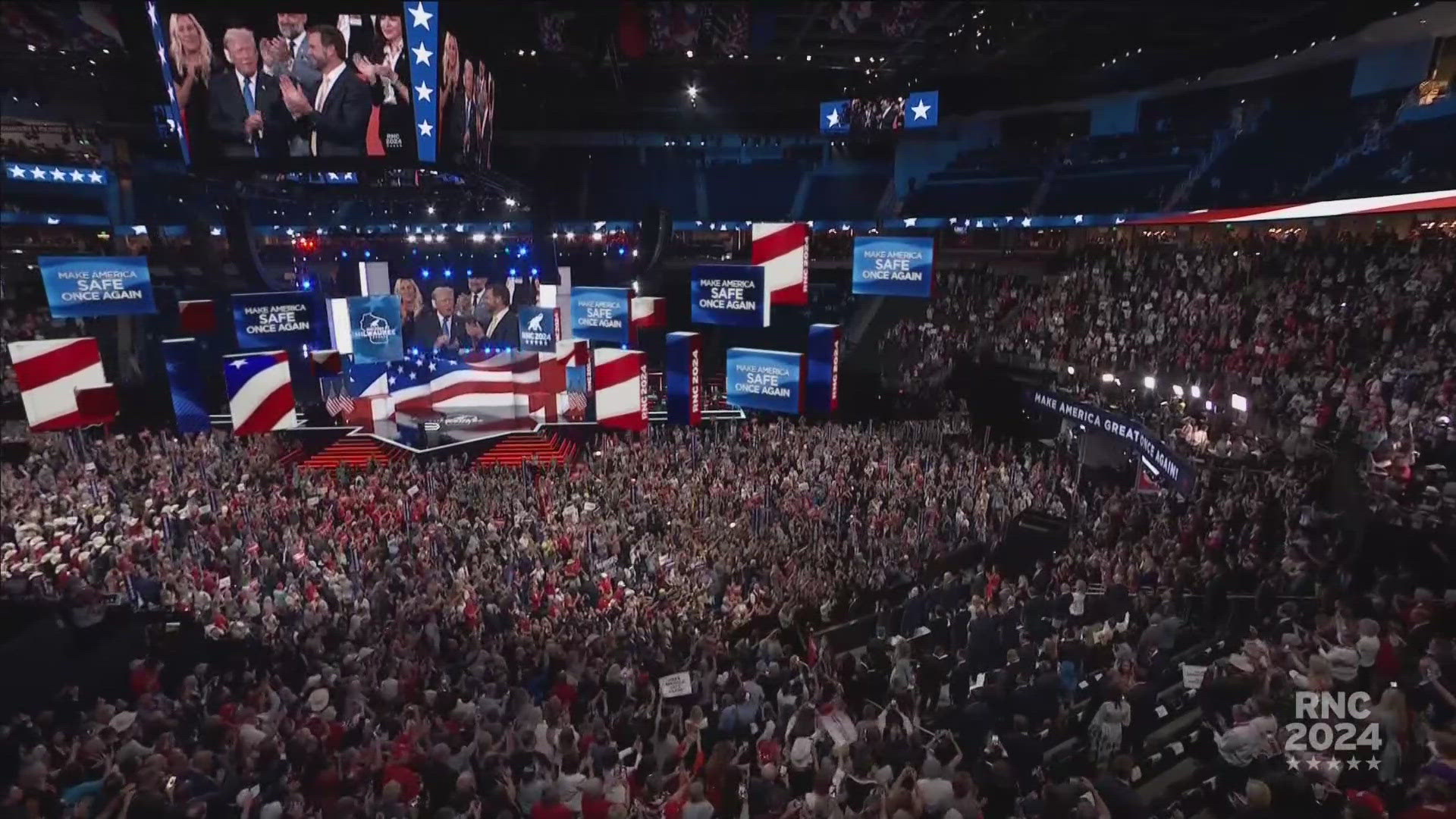MINNESOTA, USA — Political experts say blatant lying in politics is becoming more common and voters let that happen.
Howard Lavine is a Professor of Political Science at the University of Minnesota. He said legally, politicians don't have a lot of consequences when they lie.
"The lies are more bold-faced, and just the blur between a lie and a conspiracy theory," said Lavine. "It's a free for all. And really it is up to citizens to hold elites accountable. That's become much harder during a period that we're in, which is a period of extreme polarization.
According to the Congressional Research Service (CRS), a nonpartisan government agency, "the First Amendment creates 'breathing space' protecting the false statements and hyperbole that are 'inevitable in free debate."'
Matt Motta received his PhD in Political science at the U and is now an assistant professor at Boston University.
"I don't think it's all that surprising that we don't see all that much legal action going on with respect to holding candidates accountable for lies they tell on the campaign trail," said Motta. "In 2020 President Biden made a huge part of his campaign. He devoted a lot of his campaign rhetoric toward talking about the lies and falsehoods aired by Donald Trump. Donald Trump lost the election in 2020. So I think there is some reason to believe that voters do hold candidates accountable for falsehoods"
Motta says that candidates on both sides of the aisle have been known to 'stretch the truth or outline lie.'
The Trump Vance campaign accused the Harris Walz campaign of lying and vice-versa.
Lavine says polarization makes room for false claims.
"Voters are less concerned with the truth than they are for shoring up their partisan biases so they're less likely to believe it's a lie if it's their own candidate," said Lavine.
He says voters are unwilling to police their own party and are more concerned with winning.
Another layer that Motta pointed out had to do with trust in the experts themselves. Just this week, he released the book 'Anti-Scientific Americans,' which explores insights into the decline of trust in science.
"If the public doesn't agree on who those authorities are, then we're going to be in a world where there's essentially two different realities," said Motta. "The reality put out by those who espouse scientific expertise and who value it and those who don't. In order for voters to hold those who lie and spread misinformation and election campaigns accountable, they have to know what the truth is. And if we can't agree on what the truth is because we don't like or don't trust those who produce it, I think we're going to be in a very, very dangerous place."

